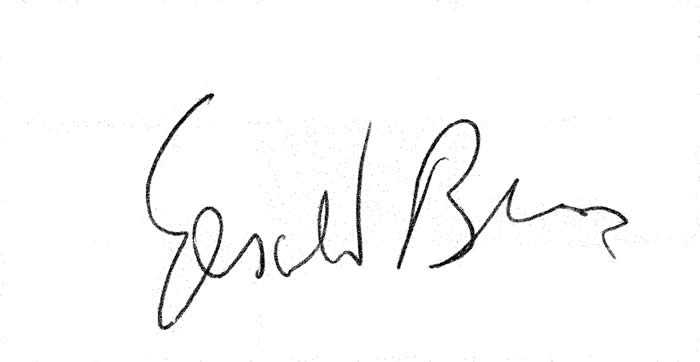
David said it's like a sea creature (after feeding, on allusiveness) coming up
and basking in the sun, its back covered with lettering increasingly incised,
to get in a Kafka reference. Ann asked me could I do "The Metamorphosis"
and I had to confess it's not my favorite reading -- because it proceeds by analysis
but a limited observer, not very bright, and I've no patience with that. Give me
the Penal Colony's narrator, smart but occluded, the humanity left out, like
Eichmann if he were intelligent (she likes "Description of a Struggle"), tourist
empathically picking up officialese as stance, immigrant on construction lot. "No man,"
said Samuel Johnson, "is a hypocrite in his pleasures," the raw onion sandwich lunch
and boilermakers after, what's in the shots between the beers the country of origin.
A younger poet said he knew I'm really from Detroit because I called it "Ford's." In Portland
the Fred Meyer chain in speech ends up possessive, fact of being owned attaching to the name.
So we go to state parks and burn picnic tables, smash toilets, because being the last to use
a thing is to own it. Inscribe your name on framed historical markers and you're real.
The black man typed his name on Hiss's typewriter over and over, says Alistair Cooke. It takes
two things to lock in an allusion, your initials spray-painted on a rock one thing. Personalize
the country so no one else wants it, letters on your knuckles you make a fist, read.
In Star Wars and Terminator robot arms dangle, ruined. Little maker's name somewhere, cartouche.
Mr. Edinburgh, slumped on a hillside, consults the thistle at the end of the mind. Layers
of heat, bad whisky, moisture are an issue in a scene (if we choose) composed, phantom
as anything in The Tempest, vision of the real actors' bodies really dissolving, there,
to a something less than there, an historical past defined as pure negative, fardel
of nots. Is it will, to be invaded by such things, surely not passivity, as I'm guiltless
having caught this cold, lying minutes ago on the bookshop floor for dizziness.
Copland's Emily, would she recognize the vowels so long to close? probably, find them
akin to Recitations, Whittier in fronta the piano yet the phrasing, run into by fiddles,
odd strings as if possible pauses were occupyable, this this, Martha Graham in a stretchy dress,
"There came a wind . . ." and horns, Weberian chords, we are chordate, rollick on a measure,
have to end a phrase with t. Even silence is felt as intrusion, not resolution, between numbers.
How much of this is irrelevant? I'd not mind Geographical History of America musicked by Thomson but,
like late songs by the group called The Dubliners, there is phrasing, a feel for a pattern in which
words are embedded as if in a tar pit of horns and strings, Sappho plus methane, no longer percussive, the
knees of the animal defined inside the animal, outside this ooze. Her vowels in an operatic voice,
true, you, are insults, because she is at heart conversational, the passion added.
Feeling is verbal, then, not sound, and what we hear we know we are allowed to add.
Oh for "To the One of Fictive Music," Keats on Melancholy redone for a Victrola plopping disks,
"her vulnerability and loneliness touched me." So he set what Upshaw sang. "Images amplified,"
says the commentator, by Ravel's music, "Mon âme" (three lines later) "monte" like an
accompaniment to a surprisingly good foreign film, "Mon âme/ô calme," outside the wind, always the wind.
The snake insinuates itself in Valéry's Ébauche, listening to its echoes,
knowing so much literature. I meditated on another's problem and was told
"write from the uterus." Freud takes notes in Charcot's demonstration room,
a "field," she says, my alter ego Lomax, sub-librarian in St. James Square
convenient to the Royal Academy, Burlington Arcade, Fortnum's. He helped
Watson swot up Chinese pottery to distract Baron Gruner, a "cobra."
Everything, absolutely everything, hurts me. The groin aches for absent bliss.
Ichthyosis of the mind makes Geraldine iridescent, alive as the water-snakes
in that other poem, tricked out with spellings like a Chatterton manuscript.
Young people come into the bookshop and their faces light up right away
to Brautigan and Hesse, the last few days driven in by rain
and I wonder why it irritates me so, like a taste for Salinger, defensible
as well as entertaining but too clung to as if they think their inner lives
adequately rendered, by these, not just more utterance, the ink only ink.
Copyright Gerald Burns 1995-1997